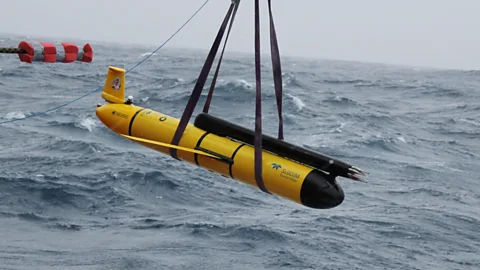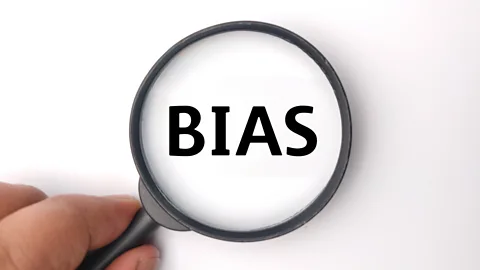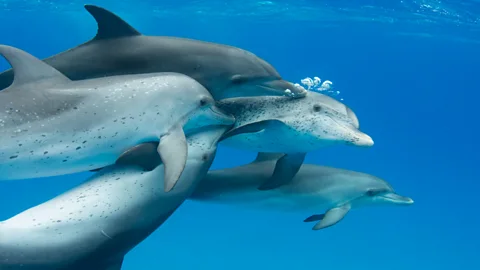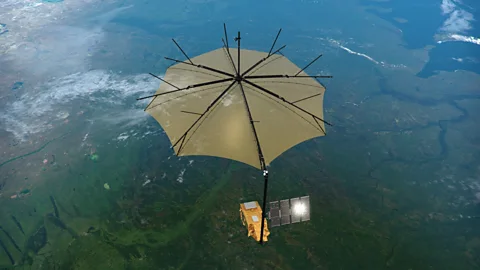
Tech Life
Tech Life
Beyond the tip of the iceberg
April 8, 2025
26 minutes
Available for over a year
Tech Life looks at icebergs. Climate change means there are more of them in our oceans, breaking away and slowly melting. Scientists need to study them - but how ? We speak to an expert about robotic gliders, which are opening up new research opportunities.
Also in this edition, can we trust artificial intelligence ? One of its problems is that it hallucinates, so we find out more about it.
How can tech help people who are blind or partially sighted watch TV ?
And our reporter gets his hands dirty examining rhino poo!
You can tell us about the one item of tech that you use in your life everyday – please get in touch by emailing [email protected] or send us a Whatsapp message or voice memo on +44 330 1230 320.
Presenter: Imran Rahman-Jones
Producer: Tom Quinn
Editor: Monica Soriano
(Image: A photograph of a robotic glider suspended above the water. Credit: Doctor Natasha Lucas)






